Technological advancement that dominates the universe today has led the direction of reggae music to lean more towards dancehall, dub and sound system rather than the full band format. This has fostered its growth and development. Those who used to be singers, band musicians and even groupies turned into emcees (MCs) and deejays. Capitalizing on many references, they experimented to gain mastery. A kind of search and discovery of a new identity that they feel can best represent and articulate themselves.
This phenomenon is a good sign, but it needs to be traced wisely by showing respect to each other, especially to the pioneers. This is the highlight of ‘Dancehal Dinamit’, Ras Muhamad’s latest single released recently. Teaming up with his old compatriot, Wisnu ‘W-I-Z’ Prastowo (music producer), Ras Muhamad reminds reggae scenesters in the country, of their contribution as the forerunners of dancehall: ‘Ku ini bos, ku ini raja. Aku dan W-I-Z itu Dancehall perdana… Apa kau ingat aku dancehall pertama?.’
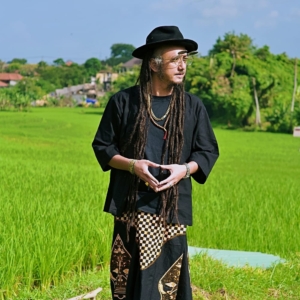
Does the greatness of Ras Muhamad still need validation? By listening to the track, his statement is indeed boasting. In the mid-2000s Ras Muhamad was the only dancehall artist who performed with a sound system: ‘2006 udah sound system. Aku manggung sana-sini dengan gaya bashment.’ He said he was just reminding and not looking for validation and explained that reggae is King’s music, whoever plays it is the king and the queen. The word Boss explains his independent musical journey where he owns his own record label, Black Coral Music. As a boss he is free to work without being dictated by anyone.
Ras Muhamad was once rejected by the reggae community in the country. What he did was considered to be far from the commonly known reggae culture, where he performed in a bashment style, preferring toasting rather than singing and performing with a deejay and sound system rather than a full band crew. To deal with it rather than confrontation, he did a lot of collaborations that became a means of dissemination and education to introduce dancehall to the public as he did with reggae musicians of the country such as Tony Q, Steven Coconuttreez, Emilio Gangsta Rasta, Conrad Good Vibration and many more.
Now things are much different, dancehall and sound system culture can be said to have become a very interesting and quite popular style of reggae music. Particularly, Ras Muhamad’s dancehall style has been very welcomed and inspired the birth of new emcees on the dance floor who toasted using their mother tongue with Jamaican accent. This signature is a successful patron and education which implicitly wants to suggest that we can imitate the Jamaican style but still remember and stick to our own culture and identity: ‘ku pakai Bahasa ibu dan Jamaican aksen…ibuku Semarang, Ayah dari Banten, muka kadang disangka campuran orang asing, ku lebih memilih pare dan ikan asin.”
When asked about his response to those who still choose to use patois (patwa) with a faint laugh Ras Muhamad replied that it was fine as long as he could make sure that what was pronounced was correct. However, he suggested that it is much better to use his own language which can be interspersed with code switching since in reggae culture there are some terms that have been fixed to Jamaican soil. The intensity of repetition and appropriation should produce its own difference and singularity so as not to fall into fetishism which is just a mere imitation and repeating what already exists.
On the other hand, some lines of the lyrics show the erotic face of dancehall such as: ‘ku kagum Perempuan berbody coca cola… untuk para gyalist tetap slam slam slam…nona kusuka dengan goyangmu, coba freeze frame lalu kamu slo-mo, Back up and go low bagaikan Shen Yeng, terbius dengan sleng teng teng.’ Indeed, the controversial side of dancehall is the ghetto aggressiveness, ‘slackness’ or sexism through lyrics that expose women’s body parts and male prowess. Responding to this, Ras Muhamad answered that he was aware of this and was careful to still put respect and understand it as part of the culture and expression of the ghetto people in Jamaica which would be difficult to understand by those outside of it, including in Indonesia. Personally, Ras Muhamad is more inclined to like the style or spirit of dancehall in the 90s which is stronger with Rasta traditions (roots and culture) such as Buju Banton, Capleton, and Sizzla where he admits to being inspired by them. Ras Muhamad also refuses to be called a raggamuffin: ‘Aku ini dancehall, jangan kau panggil ku ragga.’ According to him, ragga is a fast phase of music close to jungle or drum and bass that emerged in England. And if you look at its historical roots, ragga also refers to the ghetto youth (rude bways) in Jamaica which is closely related to the culture of violence and that is why Ras Muhamad refuses to be called ragga. He is the first dancehall in Indonesia, the ‘Satryo’ who continues to work without a period without a comma! Respect King, Fiya!
(Yedi)
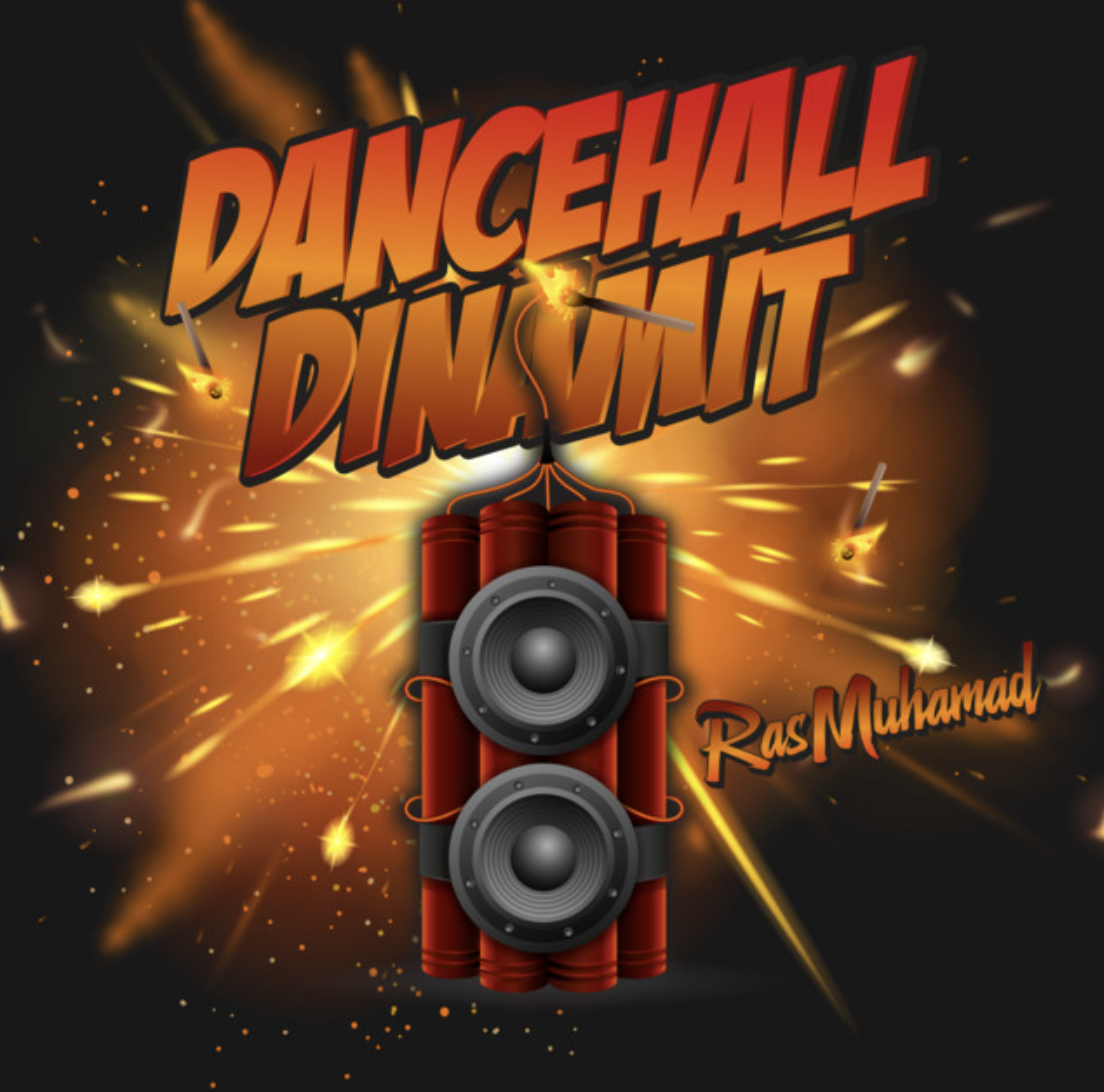


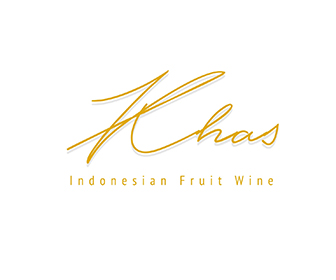
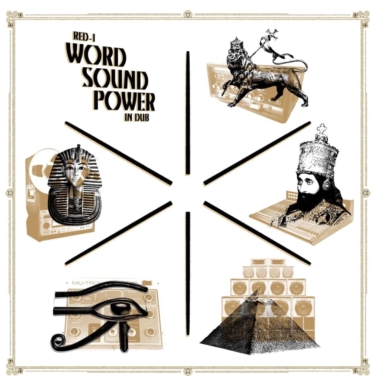
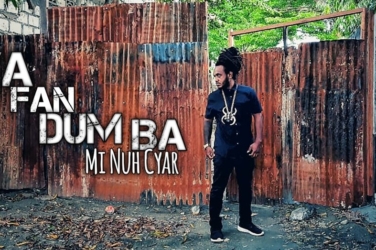
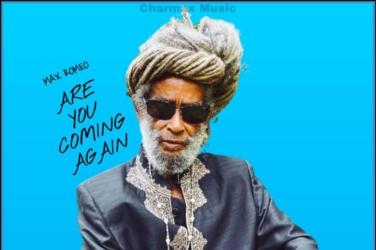
Show Comments (0)